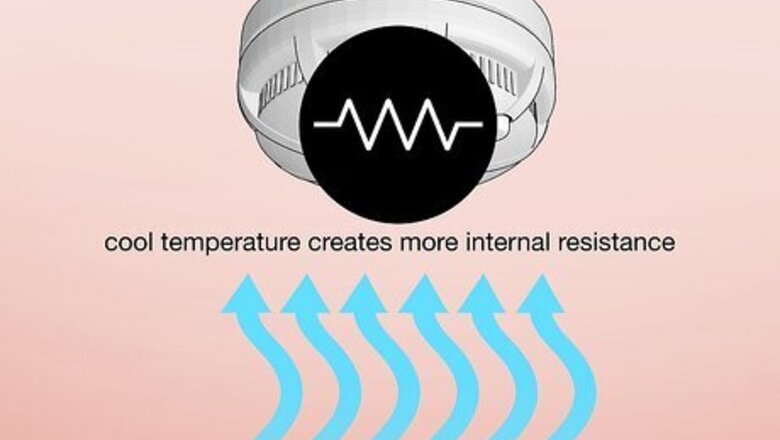
views
Why is my fire alarm beeping at night?

Your home's nighttime air temperature can cause old alarms to beep. As a smoke detector or fire alarm battery gets closer to the 7-10 year mark, the amount of power it produces creates internal resistance. As night progresses, your house cools down, and this increases the resistance. In this case, the unit triggers a low-battery chirp to indicate that it might not work properly in an emergency. You might notice that the beeping stops when the house warms up a few degrees.
Common Reasons Your Alarm Might Beep
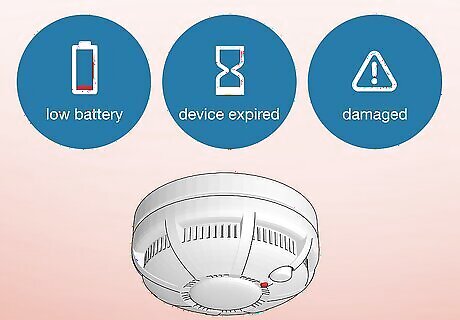
Aside from a fire, alarms can chirp for different reasons, including: Low batteries Poor placement The alarm has expired or is outdated The alarm is damaged Dust or debris buildup You're burning something while cooking Humidity & steam Night-time usually brings with it cooler temps, which might trigger the low-battery chirp.
Fixes to Stop Fire Alarm Chirping
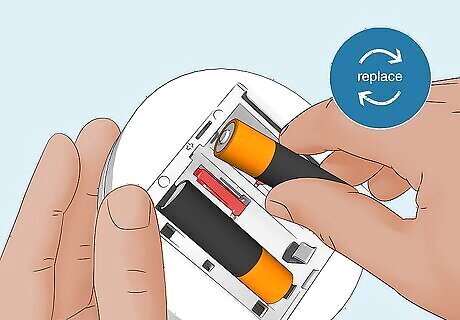
Replace the battery. If you hear a single chirp from your smoke detector every 30-60 seconds, the batteries are likely low, and you should change them. This also applies to hard-wired fire alarms, as they have backup batteries to keep them working in case of a power outage. Decker recommends testing your fire alarm's battery once per month and replacing the battery twice a year. A good way to remember to change your fire alarm's battery is to do so when it's time to set the clocks back or forward. "In the state of Ohio," Decker says, "the motto is 'Change your clocks, change your batteries.'"
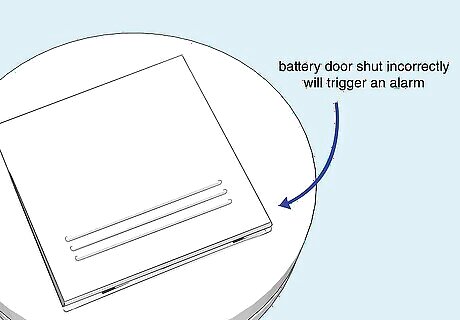
Check the battery compartment door. If you change the batteries and leave the door open or shut it incorrectly, the fire alarm will continue to beep.
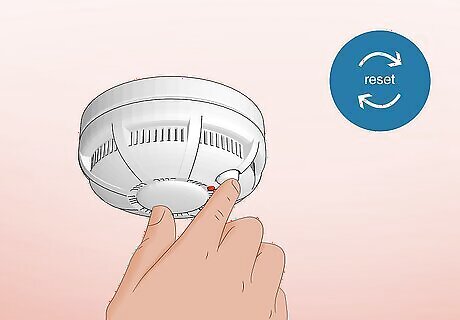
Reset the fire alarm. To make it stop beeping, try pressing and holding the reset button on your fire alarm to reset it. The reset button is usually on the face of the smoke alarm, but you may need to remove the face on some models.
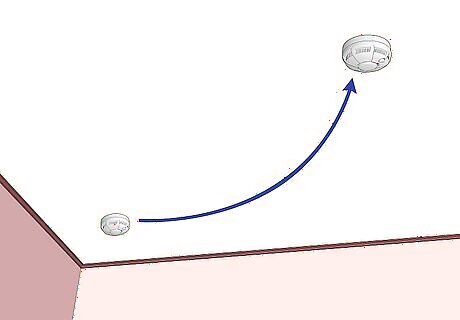
Move the fire detector somewhere else. Some locations are bad for alarms and smoke detectors, causing nuisance alarms (alarms triggered by environmental factors, not CO or smoke). Decker recommends not installing fire detectors near doors, windows, or air ducts, as the fresh air can prevent smoke from triggering the alarm. Bad locations include dusty, dirty, and greasy areas like garages and areas with combustion particles, like kitchens. You also want to avoid putting your CO alarm or smoke detector in high-humidity areas like your bathroom. Smoke from burning food or humidity from a hot shower can trigger false alarms. Install the unit at least 5 feet away from any cooking appliance and 10 feet away from anything that creates humidity.
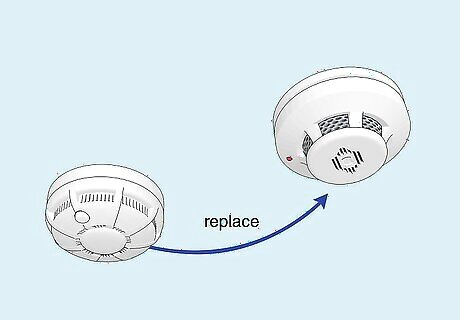
Buy a new smoke detector. If your unit is chirping constantly or in a pattern you don't recognize, it may have reached the end of its life due to age, exposure to water, paint, stickers, fire, or grease, or has been hit with force. Most fire alarms last 7-10 years after the manufacture date, which you can find on the back of your unit. If you’ve had the unit for more than 10 years, it is time to replace it.
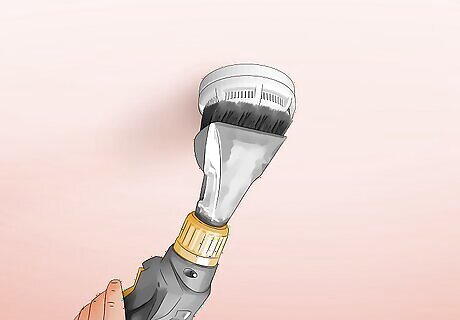
Clean your smoke alarm. Dust can build up inside the unit, even behind dust covers, causing the fire alarm to become more sensitive. Use a vacuum's soft brush attachment to clean the inside of your fire alarm once every two years.
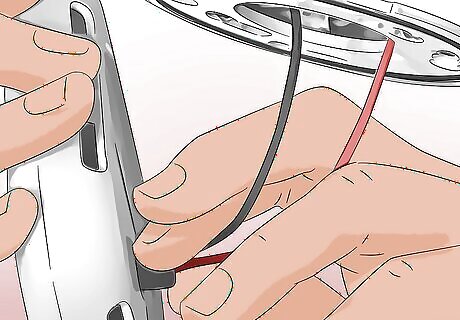
Check the wires on hardwired alarms. A loose or damaged wire might restrict how much power the alarm is getting from your house. In that case, it'll most likely use up the backup battery and chirp like it's low battery charge. If you have a hardwired alarm on a 120V circuit, it may have been installed on your lighting switch. In that case, you'll hear the alarm only after you turn off all the lights in your house. The chirping means the hardwired power is gone, and it's using battery.




















Comments
0 comment